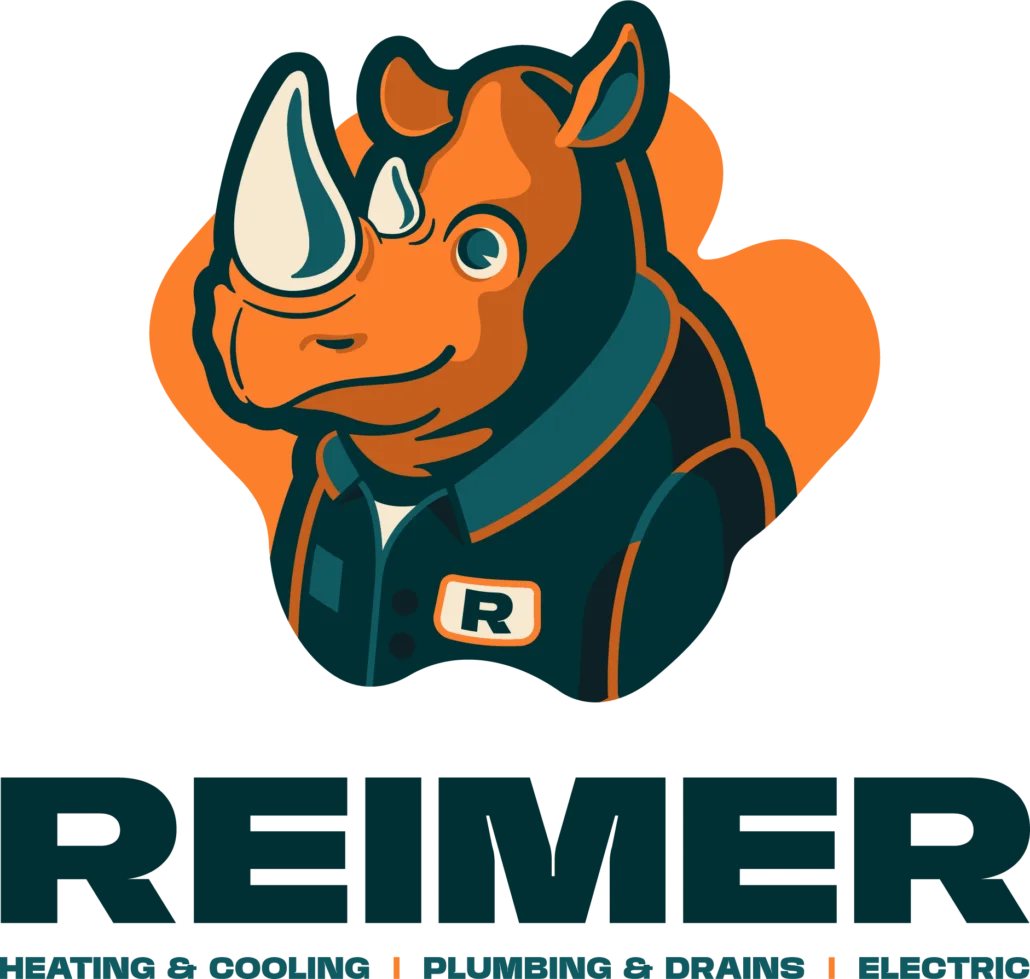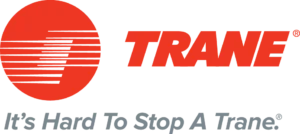Having a central HVAC system in your Buffalo, New York home is a perk, but like all major appliances in the house, your HVAC system should be well maintained to ensure its maximum efficiency. Air filters are one of the simplest elements of your Buffalo, New York home’s heating and cooling system, but are also one of the most important. Understanding the different types of air filters for your Buffalo home can be confusing and overwhelming, but we are here to help.
Importance of Air Filters
The air filter cleans your home’s air. Air filters keep dust and pollen and larger particles and materials out of your HVAC system, in turn, saving your system from damage. When you change your air filter frequently, it helps remove harmful particles from the air such as pollen, dust, dust mites, mold, bacteria, micro allergens, and more. Removing these harmful pollutants has major health benefits for you and your family.
Keeping your air filters changed and clean, benefits your well-being and health, helps you avoid higher costs and filter inefficiency, and extends your HVAC system’s longevity. “Research indicates that people spend approximately 90% of their time indoors,” says HGTV star, Anthony Carrino, citing Environmental Protection Agency data. “Today’s homes are better insulated, more tightly sealed and more energy efficient; however, these factors can trap indoor pollutants, making indoor air up to five times less healthy than outdoor air.”
Understanding MERV Ratings
Minimum Efficiency Reporting Values, or MERVs, report a filter’s ability to capture larger particles between 0.3 and 10 microns. Basically, the MERV rating indicates the effectiveness of the filter’s ability to remove airborne particles. Filters with a higher MERV rating are better at trapping smaller particles.
Let’s break this down a little further:
– Rating between 1 and 4: This rating is usually associated with low-grade HVAC filters such as spun-fiberglass or washable filters. These filters will trap pet hair, carpet fibers, and other large debris; however, they are typically ineffective when it comes to improving indoor air quality.
– Rating between 5 and 8: Filters with this rating offer better filtration and are capable of trapping particulates between 3 and 10 microns or larger; this includes mold spores, pet dander and pollen less than 10 pm particles.
– Rating between 9 and 12: Filters in this category provide exceptional filtration in residential applications and can even trap lead dust and auto emissions.
– Rating between 13 and 20: Filters that are within this range of MERV ratings can trap tobacco smoke, bacteria, and particulate less than 0.30 pm particles.
When choosing an air filter for your HVAC system, it is important that you do not exceed the recommended MERV rating that your system was designed to handle. If you are unsure of the maximum MERV rating for your HVAC system, contact your local HVAC company for assistance.
Different Types of Air Filters
Air filters are not just one size fits all. They come in several shapes, sizes, materials, and with different capabilities. Understanding the different types of air filters, will help you select the best one for you and your Buffalo home.
Below is a review of some of the most common types of air filters:
– Flat-panel: This is usually the most affordable type of air filter. These filters are on the low end of the MERV rating. Flat-panel filters are commonly made with fiberglass stretched over a framework. They are disposable and easy to install, but they allow many particles to get through and offer very little help with air purification.
– Pleated: Disposable pleated filters use heavy screens of cotton or plastic fibers to remove particles from the air. These filters are also disposable and carry a MERV rating of between 5 and 13, with high-efficiency versions rating between 14 and 16. Unlike flat-panel filters, they have pleats, which provide more surface area for filtration and allow the filter to catch more particles. They are still low in price, but slightly higher than flat-panel filters.
– HEPA: HEPA is a type of pleated mechanical air filter. This type of air filter can consistently remove at least 99.97% of dust, pollen, mold, bacteria, and any airborne particles with a size of 0.3 microns. HEPA filters provide the highest level of protection against airborne particles, according to the Occupational Safety and Health Administration, as well as the Environmental Protection Agency. HEPA filters are between 17 and 20 in MERV rating. Not all HVAC systems are designed to handle the very dense HEPA filters, so be sure yours is up for the task before using this type of filter.
– Reusable/Washable: Washable or reusable filters come in both flat-panel and pleated options but are more expensive than their non-reusable counterparts. They have a low MERV rating of between 1 and 4. While they are more eco-friendly than disposable filters, they can lose their effectiveness overtime. Also, if reinstalled while still damp, they can attract mold and mildew growth, leading to more unclean air.
Using an air filter that has too high of a MERV rating or is too strong for your HVAC system can overwork the system and lead to damage and costly repairs.
When purchasing an air filter for your HVAC system, contact your local HVAC company for advice. They can help you understand the different types of air filters for your Buffalo home and ensure you select the correct size and type of filter for your HVAC system.
Contact Reimer Home Services for Top-Quality Indoor Air Quality Services
At Reimer Home Services we are your indoor air quality (IAQ) experts. We offer a professional IAQ test that allows our air quality specialists to measure and then provide you with a report on exactly what is in your home’s air. We’ll then work with you to improve your IAQ, using air filters and air scrubbers.
Contact us for all your heating, cooling, and plumbing needs.


